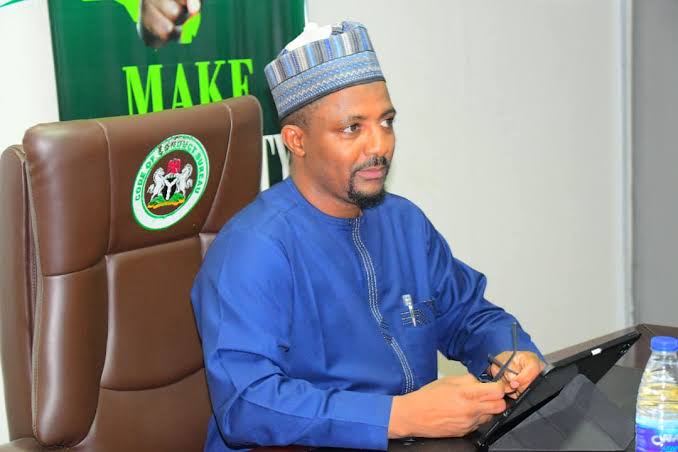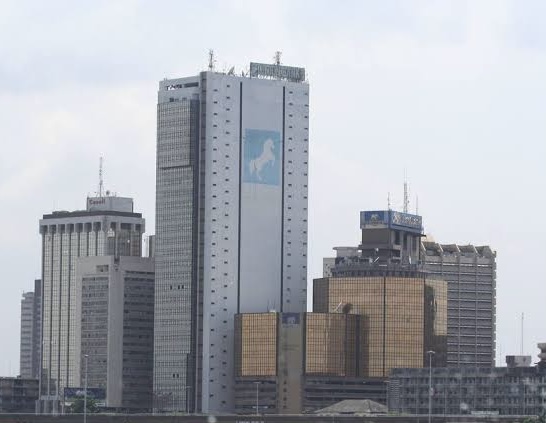
About 98 million Nigerians are currently facing job-related challenges — the highest figure recorded in Sub-Saharan Africa — according to the World Bank’s Africa’s Pulsereport released in October 2025.
The report ranked Nigeria ahead of other African countries struggling with widespread underemployment, informality, and job insecurity. The Democratic Republic of Congo followed with 72 million affected people, Ethiopia with 62 million, Tanzania with 40 million, and Uganda with 27 million.
“In Sub-Saharan Africa, underemployment is extensive, reflecting the inability of economies in the region to generate the steady wage jobs needed for their growing populations,” the report stated.
It added that inadequate wage job creation has led to poor-quality employment, with high levels of involuntary self-employment and informality becoming the norm.
The World Bank noted that only one in six workers in the region holds a stable wage job, compared to one in two in high-income countries. This, it said, underscores weak organisational structures and limited firm growth across African economies.
The report also captured growing public frustration among young Africans, including Nigerians, over governments’ failure to create sustainable employment opportunities.
“Approval ratings for governments on job creation are low: less than a quarter of respondents across the continent approve of their governments’ efforts,” it stated. “In countries such as Angola, Ghana, Nigeria, the Republic of Congo and Zimbabwe, approval ratings are below 20 percent.”
The World Bank linked the crisis to poor business environments that continue to stifle private sector growth and job creation.
“The business community shares these worrying sentiments,” the report noted. “Private sector players have complained about the harsh conditions for doing business, which hinder the entry and growth of productive firms capable of absorbing the growing labour force.”
The bank urged African governments to take urgent measures to improve the investment climate, strengthen private sector participation, and promote policies that can generate stable and productive employment.












